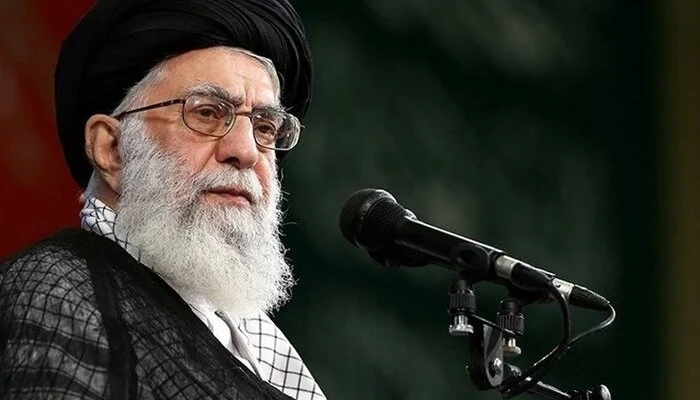Iran’s Supreme Leader Ali Khamenei has urged balanced response following Israeli strikes on Iranian territory. While addressing the attack, Khamenei emphasized that the incident should not be “exaggerated or downplayed.” He stopped short of promising immediate retaliation, signaling a calculated response from Tehran.
President Masoud Pezeshkian assured the Iranian public of a fitting response to Israel’s attack, which reportedly killed four Iranian soldiers. “We do not seek war, but we will defend our country and our people,” Pezeshkian stated. The president’s stance aligns with Khamenei’s directive for a measured approach, indicating Tehran’s focus on defensive posturing rather than outright escalation.
Israel’s Claims on the Attack’s Impact
Israel asserted that its recent strikes had significantly weakened Iran’s military capability. Prime Minister Benjamin Netanyahu claimed Israel’s operation had “severely damaged Iran’s defense capability and its ability to produce missiles.” Speaking at a memorial event, Netanyahu remarked, “This regime must understand a simple principle: whoever hurts us, we hurt them back.”
Israel justified its strikes as retaliation for what it described as Iran’s hostile actions, including the firing of approximately 200 ballistic missiles toward Israel on October 1.
Read: Who Was the Father of Algebr? 10 Muslim Scholars Who Shaped Science and Knowledge
Limited Damage, Says Iran
In response to Israel’s statements, Iranian officials downplayed the impact of the strikes. They claimed that most missiles launched by Israel were intercepted, and those that penetrated Iranian defenses caused “limited damage” to Iran’s air defense systems. Iranian media highlighted normalcy in daily life, portraying the minimal damage as a symbolic victory.
According to reports, the United States discouraged Israel from targeting Iran’s oil and nuclear facilities, advice that Israel appeared to follow. The Israeli strikes were therefore more limited than some analysts had anticipated, focused instead on military installations.
Iranian Foreign Minister Abbas Araghchi revealed that Iran had received warnings hours before the attack. “We had indications about the possibility of an attack that night,” Araghchi said without elaborating further.
Western nations, wary of escalating tensions, urged Iran to avoid retaliation. Many fear that an all-out confrontation could destabilize the region further, escalating beyond Iran and Israel.
Continued Regional Clashes
The Israeli-Iranian conflict comes amid other escalations in the region. In southern Lebanon, Israeli air strikes killed at least eight people in Sidon, with Lebanese authorities later reporting a total of 21 casualties. In Gaza, nine people lost their lives in an Israeli strike on a shelter located in the al-Shati refugee camp. Palestinian officials confirmed that three of those killed were journalists.
Egyptian President Abdel Fattah al-Sisi proposed a temporary two-day ceasefire in Gaza, suggesting an exchange of four Israeli hostages for Palestinian prisoners. Al-Sisi proposed that within ten days of this temporary truce, discussions should begin for a longer-lasting ceasefire.
However, Hamas remains firm in its demands. Hamas official Sami Abu Zuhri stated that any ceasefire agreement must guarantee a complete Israeli withdrawal from Gaza and a substantial prisoner exchange.
Follow us on Google News, Instagram, YouTube, Facebook, Whats App, and TikTok for latest updates
